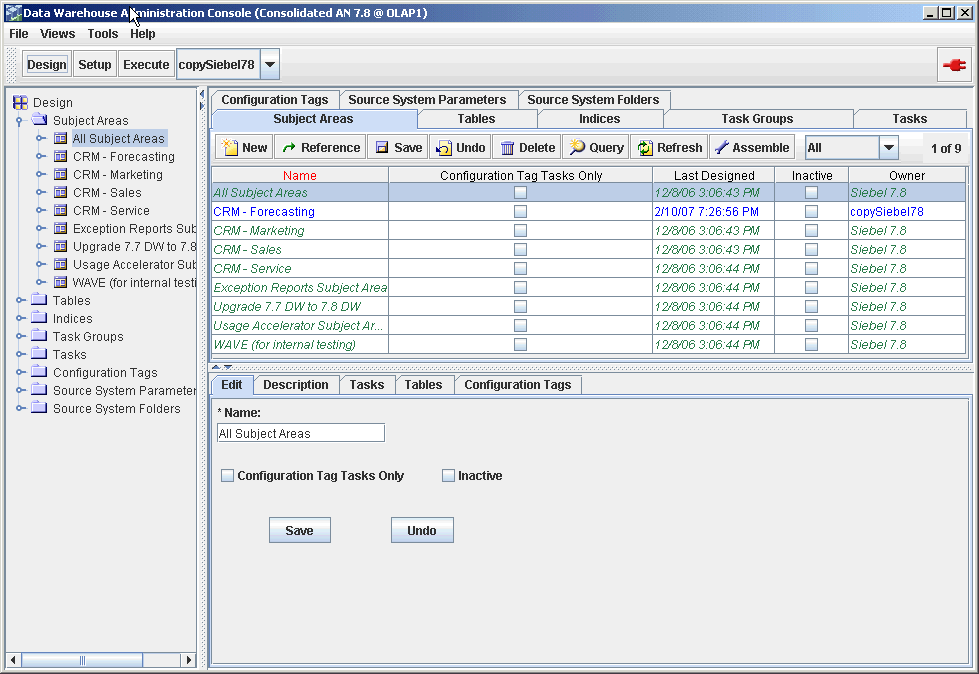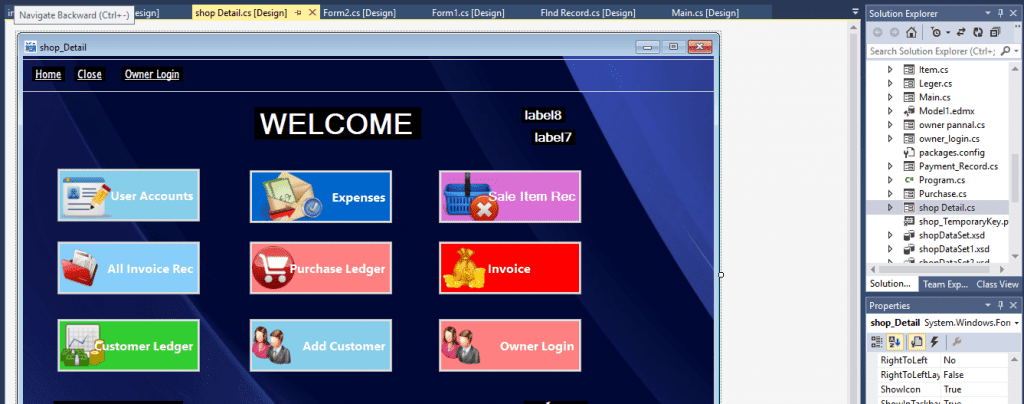
- Best book for database management system pdf update#
- Best book for database management system pdf software#
The DBMS also must provide an API to access the data, typically in the form of a database access language to access and modify data but may also be used to create database objects and secure and authorize access to the data. The metadata catalog can include information about database objects, schemas, programs, security, performance, communication and other environmental details about the databases it manages. The DBMS uses this catalog to verify user requests for data, and users can query the catalog for information about the database structures that exist in the DBMS. When databases and other objects are created, the DBMS automatically registers information about them in the metadata catalog. Sometimes called a system catalog or database dictionary, a metadata catalog functions as a repository for all the database objects that have been created. It can use additional components to store data or interface with the actual data at the file system level. The DBMS must interface with a file system at the operating system ( OS) level to store data. This basic element of a DBMS is used to store data. So long as programs use the application programming interface (API) for the database that the DBMS provides, developers won't have to modify programs just because changes have been made to the database. The DBMS can offer both logical and physical data independence to protect users and applications from having to know where data is stored or from being concerned about changes to the physical structure of data.
Best book for database management system pdf software#
End users and software programs are free from having to understand where the data is physically located or on what type of storage medium it resides because the DBMS handles all requests. A DBMS can limit what data end users see and how they view the data, providing many views of a single database schema. The DBMS provides a centralized view of data that can be accessed by multiple users from multiple locations in a controlled manner. Most database management systems are also responsible for automated rollbacks and restarts as well as logging and auditing of activity in databases and the applications that access them. The DBMS supports many typical database administration tasks, including change management, performance monitoring and tuning, security, and backup and recovery. These three foundational elements help provide concurrency, security, data integrity and uniform data administration procedures. The DBMS manages the data the database engine allows data to be accessed, locked and modified and the database schema defines the database's logical structure. The most prevalent type of data management platform, the DBMS essentially serves as an interface between databases and users or application programs, ensuring that data is consistently organized and remains easily accessible.
Best book for database management system pdf update#
A DBMS makes it possible for end users to create, protect, read, update and delete data in a database. Application development time is less due to the above advantages.A database management system (DBMS) is system software for creating and managing databases.


Only the data satisfying the definition of the data objects can be stored.



 0 kommentar(er)
0 kommentar(er)
